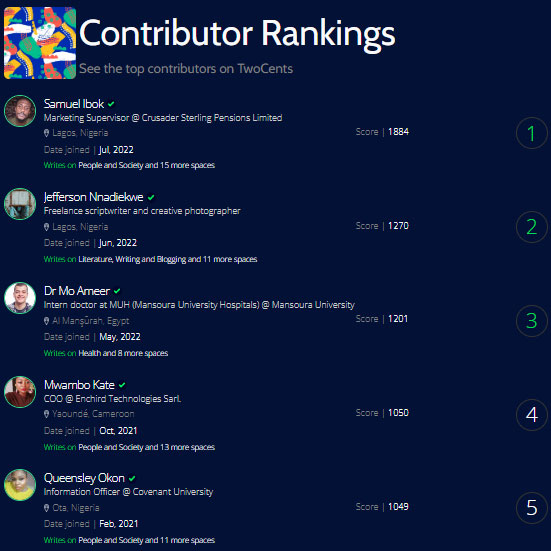<p><br></p><p>Linda, a bright and curious 12-year-old, lived with her parents in a cozy home. She loved her parents dearly, but often felt like her voice wasn't heard. Whenever she tried to share her thoughts or feelings, they would dismiss her, saying, "You're too young to understand" or "We'll handle it, dear."</p><p><br></p><p>One day, Linda's parents decided to move her to a new school without discussing it with her. She was devastated, having made close friends and loved her current school. Linda tried to express her concerns, but her parents wouldn't listen.</p><p><br></p><p>Feeling unheard and unvalued, Linda became withdrawn and struggled academically. Her parents, worried about her performance, pressured her to study harder, but didn't ask about her feelings or concerns.</p><p><br></p><p>Then, a disturbing incident occurred. A classmate tried to harm Linda, and she tried to confide in her mother. But her mother didn't listen, dismissing her concerns and telling her to focus on her studies.</p><p><br></p><p>Linda felt broken and alone. She wondered if anyone truly cared about her well-being. But then, her grandmother visited and noticed her granddaughter's sadness. After some coaxing, Linda opened up about feeling unheard and misunderstood. Her grandmother listened attentively, sharing stories of her own childhood struggles.</p><p><br></p><p>The grandmother spoke to Linda's parents, explaining that listening to children wasn't a sign of weakness but a sign of love and respect. She encouraged them to create a safe space for Linda to express herself.</p><p><br></p><p>Around the same time, Linda's friend Diana was going through a similar struggle. Diana's parents, though well-intentioned, were often absent due to their demanding jobs. They provided for her material needs, but emotional support and guidance were scarce. As a result, Diana grew up feeling lonely and unchecked, leading to spoiled behavior.</p><p><br></p><p>Diana's behavior began to spiral out of control. She started skipping school, hanging out with the wrong crowd, and disrespecting her teachers. Her grades plummeted, and she lost interest in activities she once enjoyed.</p><p><br></p><p>One day, the school principal called Diana's parents for an emergency meeting. They were shocked to hear about Diana's behavior and realized they had been neglecting their role in her upbringing. The principal's words cut deep: "Your daughter is struggling because she's lacking guidance and attention from the people who matter most – you, her parents."</p><p><br></p><p>Diana's parents were devastated. They had been so focused on their careers that they had forgotten what truly mattered – their daughter's well-being. They vowed to make a change, starting with their priorities.</p><p><br></p><p>Both Linda's and Diana's parents learned valuable lessons. They realized that listening to their children, spending quality time with them, and setting clear boundaries were essential for their development. They began to prioritize their relationships with their daughters, and both Linda and Diana started to thrive.</p><p><br></p><p>As the families' bonds strengthened, the girls began to flourish. They became more confident, responsible, and respectful. Their parents' love and support had transformed their lives, teaching them that true strength lies in vulnerability, empathy, and understanding.</p>



 Abeokuta, Nigeria
Abeokuta, Nigeria




 267
267


































































Comments